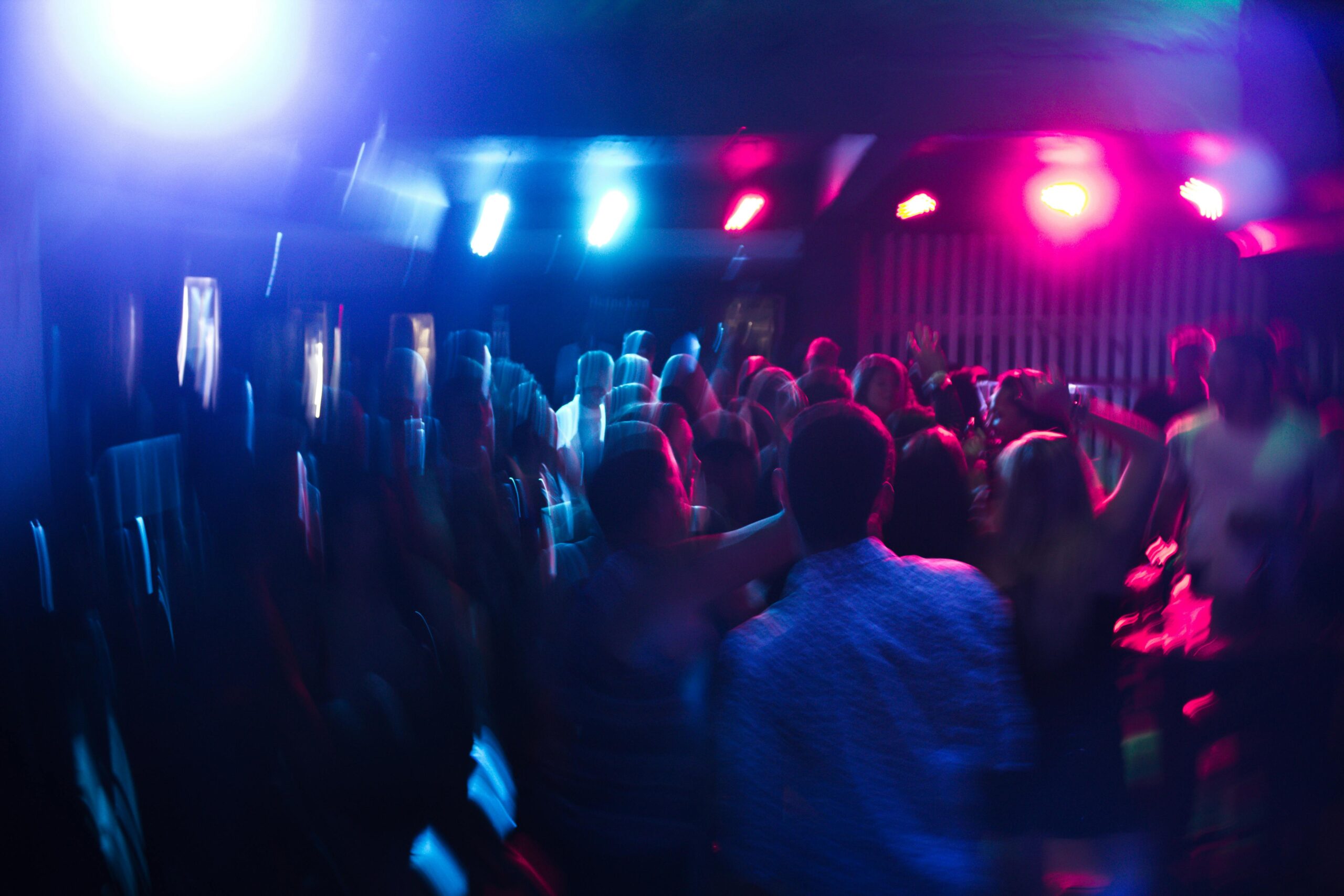When a drunk driver gets behind the wheel of an automobile and causes injury or death, we rightfully point the finger of blame toward that person. But did you know that the business(es), collectively known as Dram Shops, that furnished the drunk driver with alcohol can also be held accountable?
If you’re facing injuries or the wrongful death of a loved one due to a drunk driving incident, you need legal help. Don’t delay – contact a Washington, DC dram shop attorney at Regan Zambri Long, PLLC, for a free consultation. We’ll help you to understand your rights and how to obtain the compensation you deserve.
Contact Us Today to Schedule
A Free Consultation
A “dram shop” refers to a business that sells alcohol, like a bar, club, or restaurant. DC’s dram shop laws hold establishments accountable for failing to follow responsible alcohol service practices, ensuring they can be legally pursued if an intoxicated person causes an accident.
Under DC dram shop law, establishments aren’t allowed to knowingly serve intoxicated individuals or anyone under the age of 21. The purpose is to protect the public from injury by an intoxicated person. The law not only holds the establishment liable, but it also provides the injured party in an alcohol-related accident with legal recourse.
Any establishment selling alcohol for consumption on its premises in DC is required to have liquor liability insurance. General liability insurance usually doesn’t cover dram shop law personal injury, or wrongful death claims.
Establishments that violate DC dram shop laws can face steep penalties, including fines of thousands of dollars and suspension or revocation of their liquor. DC authorities are hardly the only party who will hold these establishments accountable for violating dram shop laws.
If a business acts negligently by serving someone underage or an intoxicated person and an accident happens, it can be held liable by an injured patron or any other injured party.
Filing a personal injury claim within the appropriate time frame is necessary to ensure compensation. In DC, the statute of limitations for filing personal injury claims is three years, and a wrongful death claim is two years.

Under DC’s Restaurant Revitalization and Dram Shop Clarification Amendment Act of 2024, establishments are responsible when they “knowingly” serve alcohol to someone already intoxicated. The law defines “knowingly” as when the establishment knew or should have known relevant facts. For example, if a customer was stumbling or slurring their speech, the server should have noticed these signs even if they claimed they didn’t.
The law specifically defines “intoxicated” as when alcohol visibly affects a person’s manner, disposition, speech, muscle control, or general behavior. Common signs include:
Courts typically look for a “preponderance of evidence,” – meaning it’s more likely than not that the establishment knew or should have known the person was intoxicated but served them anyway. Remember, establishments can be held responsible even if staff claim they didn’t notice the intoxication, as they’re responsible for recognizing signs that a reasonable person would notice.
Winning a dram shop case requires strong evidence that the establishment ignored clear signs of intoxication. Your attorney will help collect critical evidence like security footage, witness statements, drink receipts, police reports, and medical records. This evidence must be gathered quickly before it disappears or is deleted.
Establishments often claim the person showed no signs of intoxication, that someone else ordered the drinks, or that they followed proper serving procedures. To counter these defenses, you should immediately document all signs of intoxication, get contact information from witnesses, request security footage be preserved, and maintain complete medical records.
Working with an attorney who knows DC’s dram shop laws is essential. They can gather evidence quickly, work with experts to analyze serving practices and build a strong case that meets legal requirements. Remember, your attorney’s goal is to prove the establishment should have recognized the danger but served alcohol anyway.
Common situations where a business will be held liable for alcohol-related incidents are:
When a bar or restaurant continues serving someone who shows clear signs of intoxication, and that person later causes a car accident, the establishment may be held liable. This includes situations where the drunk driver injures or kills other drivers, passengers, or pedestrians. The establishment’s liability stems from its decision to keep serving alcohol despite visible warning signs like slurred speech or poor coordination.
Overserved patrons often become aggressive or lose control of their emotions. If an establishment continues serving someone who shows signs of intoxication and that person injures others in a fight, assault, or confrontation, the business can be held responsible.
An intoxicated patron can cause injuries in several ways. They might stumble into other customers, knock people down, or create hazardous slip and fall conditions by spilling drinks. The establishment may be liable if they continue serving someone visibly having trouble maintaining their balance or showing other signs of impairment.
When an establishment serves alcohol to someone under 21 who then causes injury to themselves or others, the business faces strict liability. The business could be held responsible regardless of whether the minor appeared intoxicated. Common scenarios include car accidents, falls, alcohol poisoning, or injuries from reckless behavior while drunk.

If you were injured or an intoxicated person tragically killed a loved one, you need the help of a dram shop lawyer. The DC personal injury attorneys at Regan Zambri Long understand the complexities of alcohol liability laws and how to build a strong case. They can gather critical evidence and negotiate with insurance companies to maximize your compensation. Don’t wait; contact Regan Zambri Long today to schedule a free consultation.